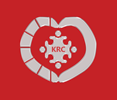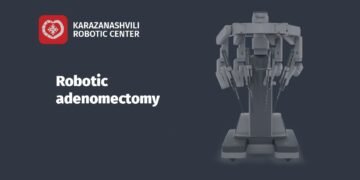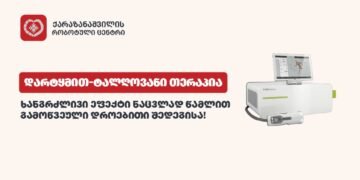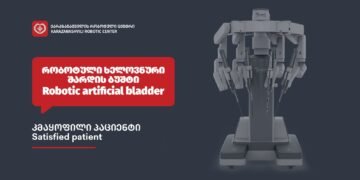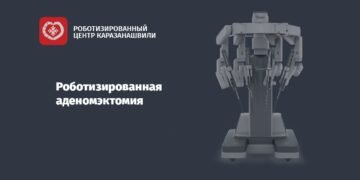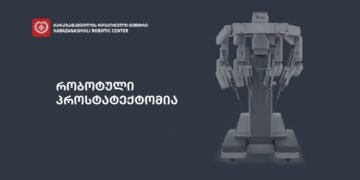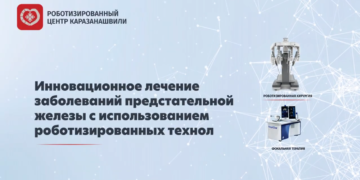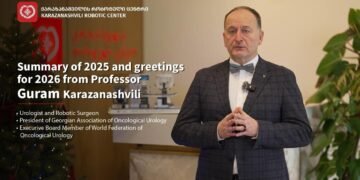Testosterone – While a decrease in testosterone production with age is a normal phenomenon for men, low levels of this hormone can significantly impact health.
Testosterone is the substance that makes a man a man. During puberty, a rapid increase in its levels leads to muscle growth, deepening of the voice, and the acceleration of sexual maturity. Throughout life, testosterone maintains the body’s masculine capabilities. Its decrease is directly related to a man’s sexual performance, specifically erectile dysfunction. Impotence, also known as sexual dysfunction, is a condition where a man is unable to engage in sexual activity. Impotence can significantly harm a man’s psyche and affect the quality of life with his partner.
Testosterone levels begin to decline after the age of forty, but at a slow rate—about 1-2% per year. Most middle-aged and older men barely notice this decrease.
A sharp drop in hormone levels in the blood, however, significantly worsens the quality of life. So, what is testosterone decline—a natural consequence of aging or a medical problem?
Doctors assure us that if a man has no complaints, there is no need to conduct a testosterone level test. There is no evidence that treating low testosterone levels without symptoms yields any benefits. But if symptoms are apparent, treatment will certainly bring results.
What happens when testosterone levels are low?
If testosterone levels fall below 300 nanograms per deciliter of blood, it’s considered lower than normal. In such cases, sexual desire disorders, erectile problems, mood changes, fatigue, and sleep disturbances may be expected. Half or two-thirds of men with low testosterone levels report experiencing these symptoms.
Unlike women’s menopause, where estrogen levels decline monthly, “andropause”—the decline in testosterone—occurs over years. Its impact on the body may go unnoticed. Modern medicine is almost unanimous in recommending artificial testosterone replacement therapy.
Hormone replenishment can be achieved through gels, patches applied to the skin, tablets, and injections. The general recommendation is to raise testosterone levels to the normal range.
The impact of low testosterone on health
It may seem strange, but little is known about the long-term effects of low testosterone on health. It is associated with certain chronic diseases, such as obesity, diabetes, depression, and possibly cardiovascular diseases. However, it is unclear whether low testosterone causes these diseases.
This hormone also plays a role in bone structure, so its deficiency may lead to changes in bone density, known as osteoporosis.
If a man experiences a hip fracture, it is likely that his testosterone levels are low. There is no evidence to suggest that raising testosterone levels reduces the risk of fractures. Most doctors believe there is a connection between low testosterone and increased bone fragility.
Raising testosterone levels: Pros and cons
For several years, the number of prescriptions for testosterone has increased. Some specialists welcome this, while others are more skeptical.
Artificially raising testosterone levels in normal doses is generally considered safe, but scientists have not yet fully studied the long-term effects of such procedures. There is data suggesting that many men with symptoms of low testosterone do not receive treatment at all. Other treatment options also exist that do not involve artificially raising testosterone. It would be great if this hormone always helped us, but unfortunately, that is not the case.
According to doctors, about 10% of men who undergo such treatment do not achieve the desired results. About 90% report improvement, and one-tenth of them are very satisfied.
Medical research indicates that the majority of men have improved their sexual lives and resolved erectile issues through treatment. According to clinical guidelines from the American Endocrine Society, some men should not take testosterone artificially.
For those with prostate cancer, testosterone treatment is not recommended at all, as this hormone may stimulate the growth of cancer cells. Testosterone treatment can also worsen other conditions, such as apnea, benign prostatic hyperplasia, and heart failure.
For several decades, clinical trials of testosterone have been ongoing, but scientists have yet to reach a consensus. Men whose blood tests show low testosterone levels must draw their own conclusions. This applies even to those who, despite everything, manage to talk to a doctor about the symptoms of low testosterone.
Doctors say that most men avoid discussing this topic, which worsens their condition. Using simple treatment methods can easily maintain and improve their health.
